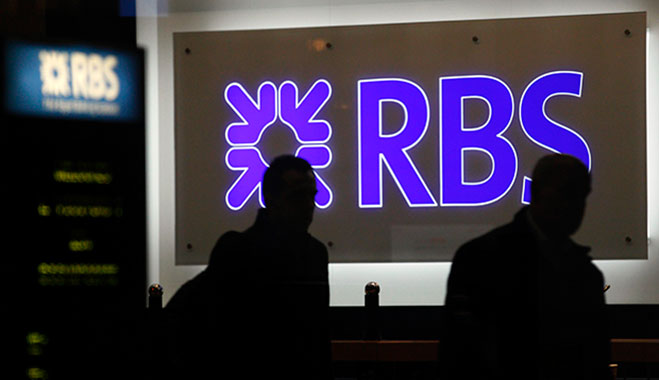
The Royal Bank of Scotland has been fined $100m by US authorities for violating a number of sanctions against Iran, Sudan, Burma and Cuba between 2005 and 2009.
In 2010, US regulators uncovered evidence that RBS staff had “acted to conceal the identity of sanctioned clients by various means, including implementing formal procedures to strip out identifying data from payment messages,” according to a statement by the Department of Financial Services (DFS).
RBS has terminated four employees, including its head of global banking operations for Asia, the Middle East and Africa and its head of money laundering prevention unit for corporate markets. RBS began investigations in 2010 and uncovered around 3,500 transactions, with a combined value of $523m, were routed through New York to account holders in Iran, Sudan, Burma and Cuba. The bank notified authorities of its findings soon after. “The settlement arises from an investigation initiated by RBS in 2010 into its historical US dollar payment practices and controls in the UK,” the bank said in statement. “This review was shared with the relevant US Authorities in 2010 and has been disclosed in regulatory filings since.”
US regulators uncovered evidence that RBS staff had “acted to conceal the identify of sanctioned clients by various means”
It has also been alleged that the bank had a procedure for transfers to banned institutions in which employees would enter the actual name of the foreign bank as opposed to the Bank Identifier Code, which would be international practice. Other procedures were in place to remove location information from payments made from sanctioned countries. The DFS has said “employees at RBS acted to conceal the identity of sanctioned clients by various means, including implementing formal procedures to strip out identifying data from payment messages. RBS employees in payment processing centres in the United Kingdom received written instructions containing a step-by-step guide on how to create and route US dollar payment messages involving sanctioned entities through the United States to avoid detection.”
In its statement RBS said it had “cooperated fully with US authorities,” and that it “acknowledges and deeply regrets these failings.” It also added that since 2009 – the year in which the transactions ceased to be accepted – a number of controls, including a zero-tolerance policy, were put in place by senior executives in order to prevent further violations. The bank has also invested in toughening up its compliance department and now employs 1,700 officers, up from 753 in 2011.


